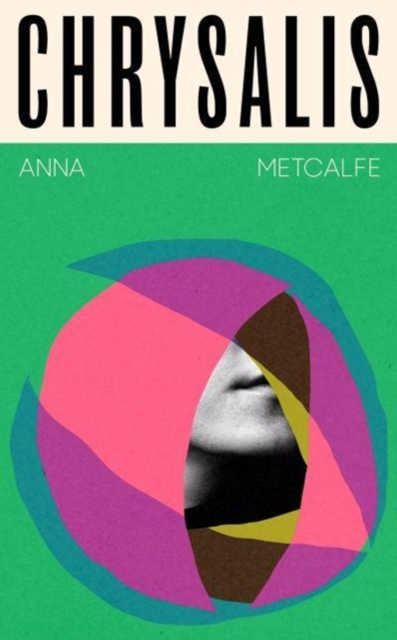Book Review - Chrysalis
Selected for Granta's 2023 list of the best young British writers under 40, Anna Metcalfe says her debut novel, Chrysalis, was inspired by Han Kang’s The Vegetarian, in which a woman’s transformation is witnessed by three characters.
Having been damaged by a controlling boyfriend, Metcalfe’s nameless protagonist rebuilds her self-esteem and reinvents herself as a wellness influencer. Elliot, a loner, observes her at the gym: “Her hips made broad circles. She swayed her head like something possessed… It seemed too private an act to witness, a deeply intimate thing. Half the room had paused what they were doing to watch.” Impressed by her flexibility, muscle and grace, he takes covert videos of her. They become friends and, briefly, lovers as she sculpts her physique and bulks up on protein shakes.
The longest section of the book – the author’s first since a short story collection, Blind Water Pass, in 2016 – is related by the central character’s mother, Bella. She gives us her daughter’s backstory, describing how she endured terrible shaking as a child until a sympathetic teacher gave her a tape recording of meditations and helped sow the seed for her later metamorphosis.
Susie, a work colleague, supports the protagonist when she leaves her dysfunctional relationship and her job at a law firm. Susie watches the woman develop her autonomy and train herself to be as still as possible through meditation. Her resilience becomes performative as she posts videos and launches a career as a cult figure who embraces solitude.
Chrysalis is a savvy exploration of one woman’s desire to inspire others, and how self-presentation can tip into obsession. Although Metcalfe’s three perspectives offer a nuanced portrait of an online sensation, they are similar in tone. Her health guru rises from the ashes of an abusive relationship, but also discards those who’ve outgrown their use. Metcalfe is insightful about the world of contemporary influencers, voyeurism and the rise of narcissism, but it’s hard to warm to her aloof heroine.